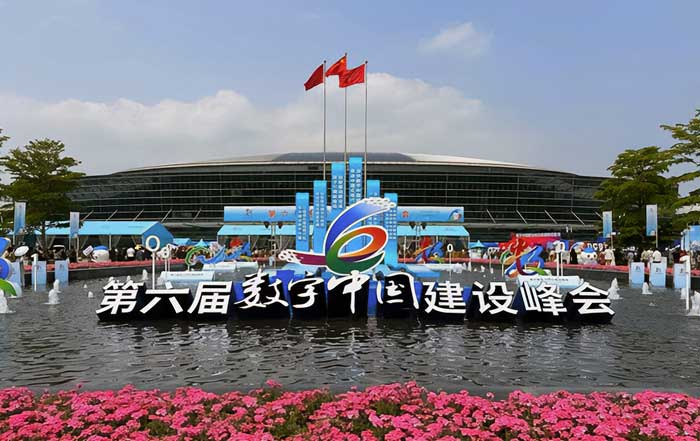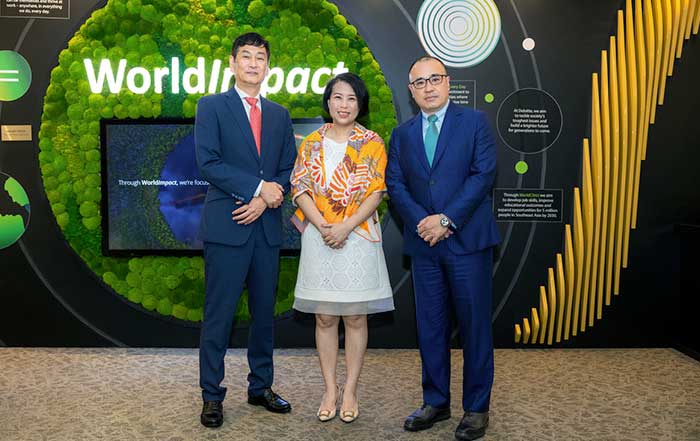The world today is far from being tranquil. Facing a choice of the times between solidarity and division and cooperation and confrontation, the international community expects Asia to play a leading role. ASEAN countries are successively hosting three important multilateral meetings including the ASEAN Summit and Leaders' Meetings on East Asia Cooperation, the G20 Summit, and APEC Economic Leaders' Meeting. Focusing on the "Asian moment," the Global Times will invite several foreign scholars to discuss how Asian countries can contribute "Asian wisdom" to the world amid unprecedented changes unseen in a century.
Herman Tiu Laurel, founder of a Manila-based think tank Philippine BRICS Strategic Studies
While the "Shift from West to East" has been the talk of the world the past decade, now the "Asian moment" is the catchword. The geoeconomic shift has become a geostrategic shift as Asia has become a global meeting place for the world to converge, talk and hopefully solve mankind's urgent and primordial crisis of the times. Today, Asia comprises 45 percent of the global economy and is projected to exceed 50 percent of global output by 2030. This ideal can be achieved only if the global environment of peace and stability can be ensured and any breakdown in the dialogue among diverging international perspectives and powers are averted. Asia's privileged place today emanated from China's powerful but peaceful rise that has uplifted the region, ASEAN, in particular, has generated good will with its message of a "win-win" world and its vision of a "Community of shared Future for Mankind" incarnated in the Belt and Road Initiative and multilateral platforms, such as the BRICS, RCEP, SCO in a multipolar world.
Swaran Singh, a visiting professor at the University of British Columbia (Vancouver) and professor for diplomacy and disarmament, Jawaharlal Nehru University (New Delhi)
These four summits in Asia represent that historic recognition of Asian wisdom. Asia having since emerged as the locomotive of global growth and development explains why G7 had happily co-opted six Asian nations or 12 nations of Global South in its novel G20 summits from 2008. This also explains centrality of China and India to climate change and other deliberations of global governance. Of world top five economies today, China, Japan and India respectively occupy second, third and fifth positions. Among these India remains the fastest growing economy with promising potential. Asia together accounts for 40 percent of global manufacturing and East Asia alone accounts for over 75 percent of world's semiconductors production - a technology that has become the benchmark of technological progression.
Veronika S. Saraswati, a research fellow of the China Study Unit Convener Centre for Strategic and International Studies Indonesia
Economic certainty and security stability are the two main factors needed for successful development. These conditions should not only be met for domestic governance, but also global governance. Development and security, as the two main driving wheels of governance, are two wings of one body. The two factors are very prominent to maintain stability. China's economic revival is derived from a strong non-monopolistic mentality. China's foreign policy of building harmonious relations first focuses on neighboring countries, then secondly developing countries, then finally developed countries. Building harmonious relations based on mutual aid with neighbors is an Asian cultural power, and this is a core of strength on combatting an international economic recession and the current global uncertainty.
China should take actively a more important role in multilateral organizations in leading the world overcoming the great depression. More stable Asian economy and political condition is a strong basis as well as a strategy in facing the divisive efforts.
Ken Hammond, professor of East Asian and global history at New Mexico State University
Profound changes are taking place in the world today. This epoch in modern history began to change with the revolutions and struggles for national liberation which led to the creation of socialist countries and the independence of colonial subject peoples throughout the course of the 20th century.
China and other countries across much of Asia are facing brighter prospects for the future. We see in the world today not just an Asian Moment, but the beginning of a new era, in which the countries of Asia, with China at this point playing a leading role, return to the place of prominence which they held for so many centuries prior to the brief age of Western imperialist ascendancy. The Asian Moment is one of hope and promise for a better world, not just for the peoples of China and Asia, but for ordinary working people around the planet.
Ei Sun Oh, a senior fellow at the Singapore Institute of International Affairs
The concentration of these high-level meetings in this part of the world so soon after the easing of the coronavirus pandemic is perhaps a rather apt one. Asia, especially Southeast Asia, remains the vibrant part of the world that has continued to register impressive growth even amidst the economic doldrums brought about by the pandemic.
Some have dubbed these events to be the debut of the "Asian moment," or Asia's coming-out ceremony on a global scale, and quipped that the "Asian century" has finally arrived. Well, taken together, these summits could be viewed as more Asian major players stepping up to the world stage. Indonesia, in particular, has been very assiduous and conspicuous in holding the G20 summit.
The Asian moment is not and must not just be a laurel of glory to be rested upon, instead it must be a duty to be diligently hoisted and fulfilled by all in Asia. Only then would peace and prosperity be achieved in common.
Koh King Kee, president of Center for New Inclusive Asia, a non-government Malaysian think tank
In a world that has been devastated by the COVID-19 pandemic and increasingly divided by sharp geopolitical tensions, the three multilateral meetings successively hosted by ASEAN countries in November carry special significance. Some pundits say the world has now entered the "Asian moment" as global leaders converge in ASEAN for the first face-to-face meeting since the outbreak of COVID-19 in January 2020.
The messages from the themes of these summits are loud and clear: The world must remain open, connected and together as it faces unprecedented turbulence and uncertainties since World War II.
ASEAN does not wish to take side amidst big power rivalry. With its strategic position, geographically and geopolitically, and its increasing economic weight as a bloc, ASEAN is well placed to act as a bridge in a world fragmented by intense geopolitical competition. It is the bridge to a more open and connected world in the Asian moment !




